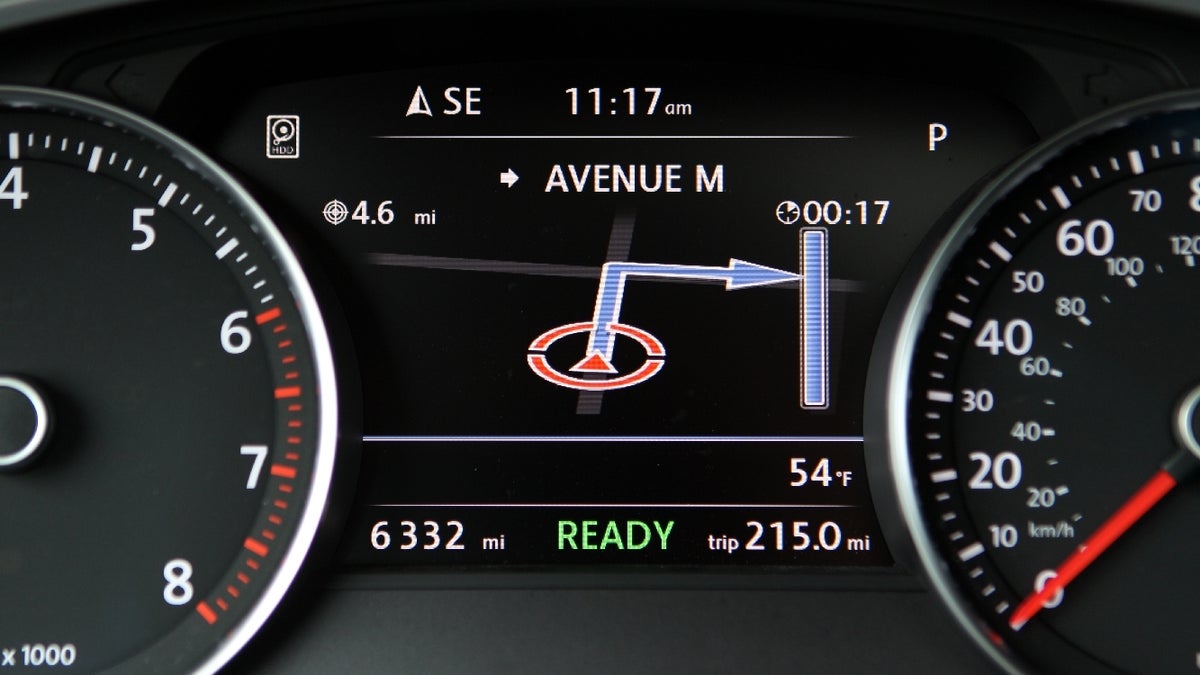Researchers develop a more accurate car navigation system
The system combines conventional GPS signals with car-mounted sensors to pinpoint a vehicle's position within six feet of its actual location, researchers say.

Driverless cars could get a big boost from a new system that researchers say will increase the accuracy of in-car satellite navigation systems by 90 percent.
Researchers say the system combines conventional GPS signals with data from sensors such as accelerometers and gyroscopes to determine a vehicle's position within six feet of its location, a dramatic reduction from the current margin of error of 50 feet. The system can be installed inexpensively in any vehicle, say researchers at Spain's Universidad Carlos III de Madrid, where the system was developed.
"We have managed to improve the determination of a vehicle's position in critical cases by between 50 and 90 percent, depending on the degree of the signals' degradation and the time that is affecting the degradation on the GPS receiver," David Martín, a researcher at the Systems Intelligence Laboratory, said in a statement describing the project.
The system aims to tackle the greatest challenge faced by conventional GPS systems in urban settings: loss or disruption of satellite signal due to interference created by buildings, trees, and tunnels. The new system uses contextual information and an algorithm that eliminates deviations caused by degradation or loss of signal from satellites.
The researchers have installed a prototype system on an "intelligent car" with the goal of capturing and interpreting all the information available while driving a car. The team foresees applications of the system in driverless car systems like those currently under development by Google and a handful of automakers.
"Future applications that will benefit from the technology that we are currently working on will include cooperative driving, automatic maneuvers for the safety of pedestrians, autonomous vehicles or cooperative collision warning systems," the team said.
Ultimately, the team hopes to develop a system that harnesses the sensors built into smartphones, such an accelerometer, a gyroscope, a magnetometer, and GPS, as well as taking advantage of communications tools such as Wi-Fi, Bluetooth, and GSM.

